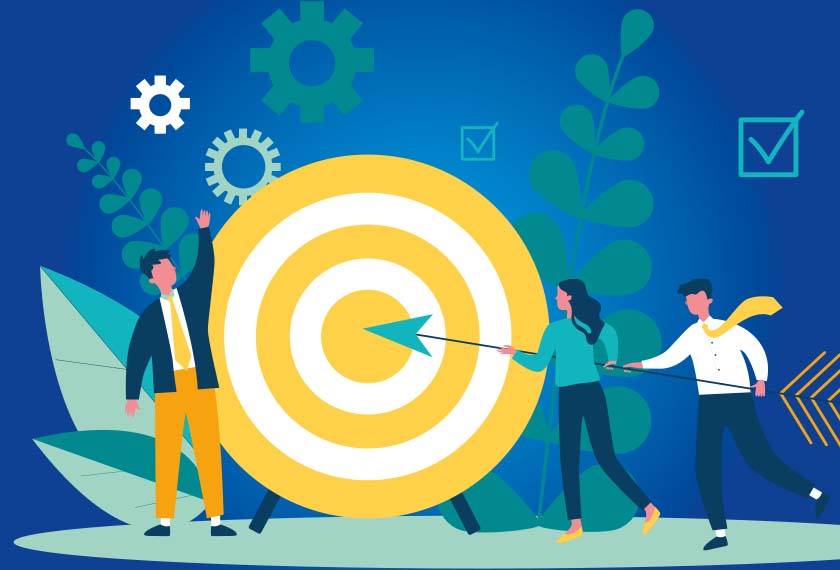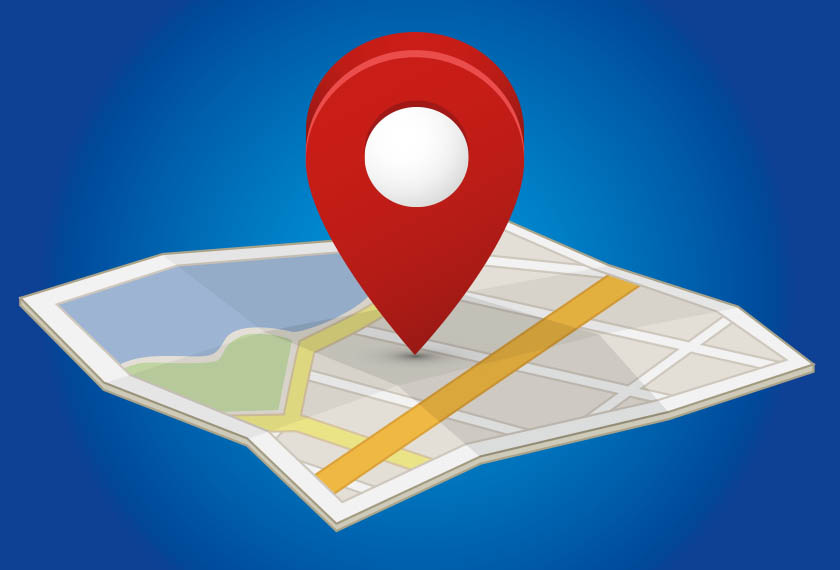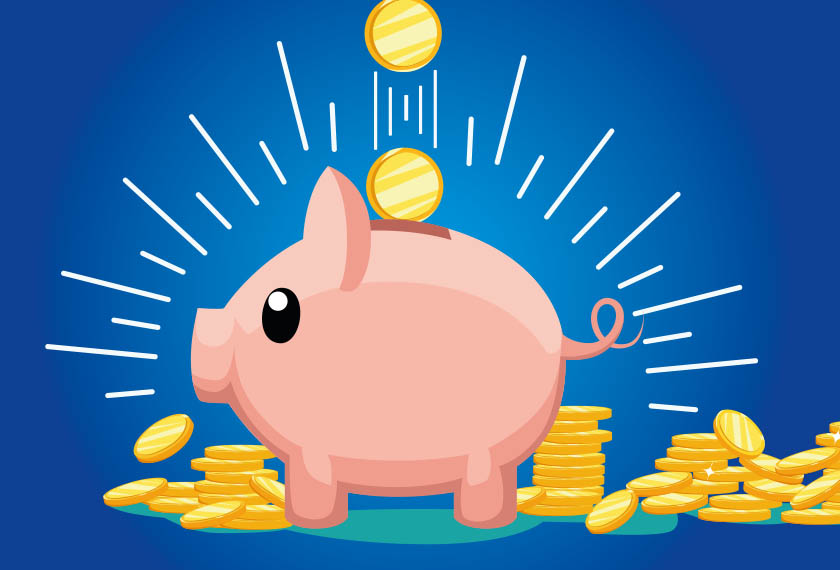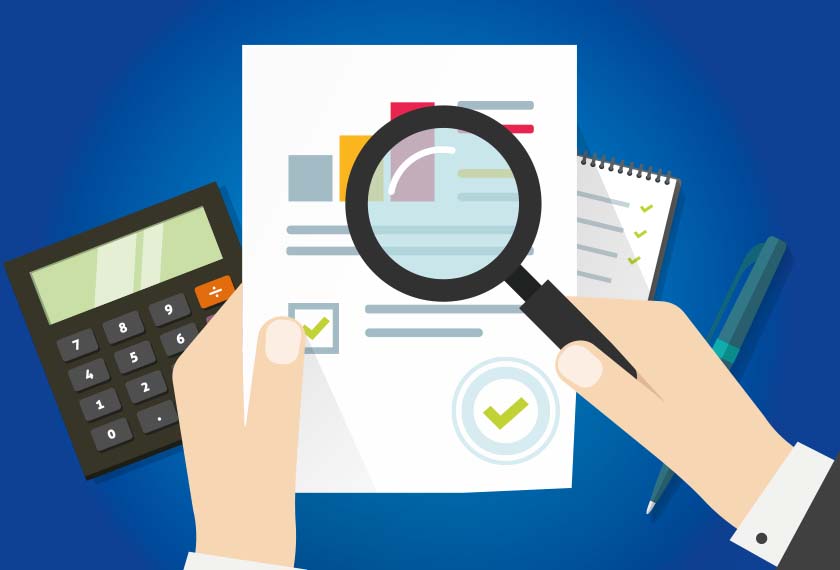Marketing and promotion
Page updated on: 14/02/2024
Marketing is essential for all events and should be approached in a structured manner if you are to attract appropriate numbers and mix of people to your event.
Identification of your target market should have occurred at the outset of the planning process and knowledge of your target market should guide each stage of the planning process. You should have a clear idea of your potential customers in terms of who they are (age, income, interests), who they will attend with (children, friends, partners, etc.), where they live, what media they are exposed to (Facebook, radio, websites) and what they will be looking to gain from attending your event (relaxation, learning, family time, cultural exploration, community building, etc.)
The key purpose and challenge for your marketing campaign is creating an understanding of the nature/quality of the event experience and convincing your audience that the event will be a positive experience. This is made more difficult by the fact that you cannot try an event before you buy it therefore, it is important to note the following when promoting events:
- Importance of video, photos, colour, and music
- Potential for leveraging off the image of celebrities, performers, speakers, venues, sponsors, destination
- Value of third-party testimonials, endorsements, and reviews
- Capturing relevant social media content and stories
All the above will aid in providing customers with an insight into the event prior to purchasing tickets. Websites such as Discover Carmarthenshire and Trip Advisor in addition to those linked to your venue and entertainers can be a good starting point for gathering this sort of information.
Building a communications plan
Your communications plan and selection of promotional materials are vital to communicating your idea and attracting potential customers to your event. You should aim to start your marketing as early as possible and communicate via a range of methods relative to your target market including:
Using platforms such as Facebook and Twitter you can engage with many people and communicate a range of information about your event. This is a low cost means of promoting your event with the ability to incorporate images, music, and video to bring your event to life. You can also tap into various special interest and community groups who may help spread the word about your event, creating a further buzz. Likewise, many artists and performers have social media profiles and followers which can assist in spreading the word about your event.
It can be relatively simple and cheap to set up a website. With the ability to provide vital information, event photos and videos and links to social media, your venue, ticket outlets, entertainers and performers, a website is a highly valuable element in your promotional mix.
Using listings publications and websites are another means of spreading the word about your event, these could be linked to the venue itself. Many local, regional, and national papers also operate a listing system (online and in print). Likewise, if you are targeting a special interest market then many magazines have event listings pages and there are also specific listings publications and websites which you can approach. A key consideration with all print media is the lead times involved in their publication schedules, as some will require the material months in advance of the actual publication date.
Depending on the geographical distribution of your target market, print media advertising can even in the digital age be a means of communicating with local audiences via local newspapers and community publications, or you can reach further afield through advertising in national publications, whether these are generalist or special interest publications. You should also consider negotiating around advertising that in return for purchasing advertising the publications will also run a story on your event and possibly a competition.
Radio stations also often appeal to demographics and geographical areas and many also have a public interest remit within their operations. This means, in addition to purchasing advertising, they can be approached to run interviews, competitions and disseminate real time information surrounding your event.
As mentioned above there may be a range of media who will be interested in your event and assist in getting information about your event to the public. As above you need to identify the media consumed by your target market and focus your efforts on sympathetic media outlets such as local media and special interest media. Consider producing a series of news items for the media focusing on what is unique/different/newsworthy about your event and how it will be of interest to the readership of the media being targeted?
When producing materials also consider and match the writing style to the media and target market. It may even be of use to produce media packs for your event, containing press releases, event photos, factual data about the event and even interviews with key performers. Running competitions that offer free tickets can be a good way of encouraging different media outlets to provide coverage of your event.
Using a range of sizes, posters should feature vital information, without overloading with text and images. Vital information for posters includes event name, event date, event times, ticket prices – advance / on the door / tiered, ticket outlets, venue & address, contact number/ email/ website / social media details and sponsors details. Flyers can be used to communicate a similar range of information to posters but being smaller and often being double sided they can be distributed in a range of places or posted through letter boxes or given our in-information packs.
Having set your marketing plan into action, it is necessary to set and monitor performance benchmarks in terms of targets surrounding ticket sales, registrations, enquiries, RSVPs, hits on websites, followers, likes on social media and other relevant responses to your promotion. You should also monitor publicity generated through different media such as newspaper and radio coverage, to demonstrate impact to sponsors.
Note that this data should be used to take corrective actions where necessary, such as allocating more money to promotion and implementing different techniques, particularly if sales are falling short of your target and objectives. You should also use year on year comparisons (if data is available) to identify emerging trends and issues in advance of the event itself.










